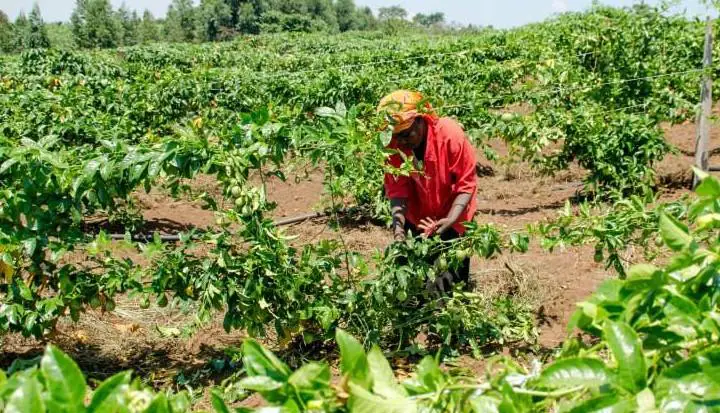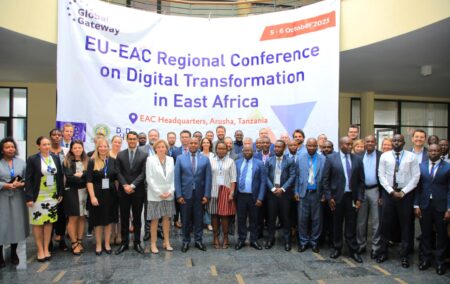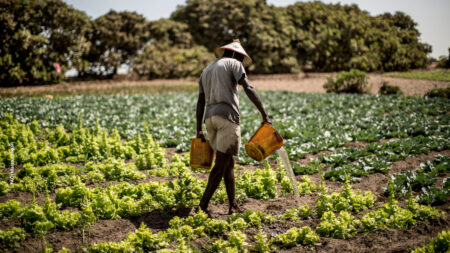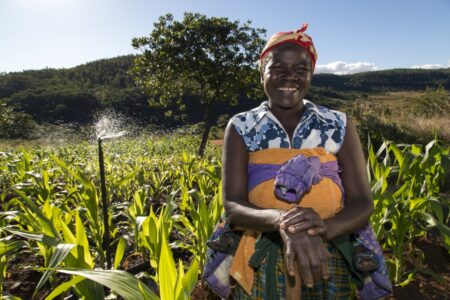Uganda spends less money in the agriculture sector than any other East African country a World Bank report on public expenditure review shows.
The report shows that Uganda spends only 3.6 per cent of its budget on agriculture, which is the lowest in the region. Rwanda spends 5.3 per cent more on agriculture than any other country in the East African region. Kenya follows closely spending spends 5.2 per cent of its budget on agriculture while Tanzania spends 3.9 per cent, which is slightly above what Uganda spends.
Agriculture in Uganda remains the largest employer with 68 per cent of the population engaged in this sector. Still, much of this sector is still largely subsistence due to lack of funding to support the commercialisation drive.
Presenting findings of the report, Dr Ladisy Komba Chengula, the World Bank lead agricultural economist said that Uganda’s share of final public expenditure in the agriculture sector is the lowest at only 3.6 per cent. He, however, noted that the amount spent was above what other regions such as North Africa and sub-Saharan Africa spend.
Also Read: Gold export strengthens Ugandan shilling
Data from Uganda’s Ministry of Finance, in the 2018/19 financial year agriculture was allocated $9.6 billion and $10.1 billion in 2019/20 financial year. (https://www.srmfre.com/)
Agriculture plays a strategic role in Uganda’s economic development in terms of food security, foreign exchange earnings, the raw material for industries and employment.
Dr Komba further added that agriculture in Uganda continues to compete for resources, with sectors such as infrastructure, energy and human development among others. Which he said there is a need for a strategic shift by improved budgeting and management, strengthening budget monitoring and evaluation. He also said that Uganda should reform its subsidy to target smallholder farmers who have the potential to commercialise.
According to the World Bank’s report, the government should concentrate on improving budget processes such as planning, execution, monitoring and evaluation. Which it said should involve embracing programme-based budgeting, improve budget classification and introduce public expenditure tracking surveys.
The Uganda World Bank representative Mr Antony Thompson, said agriculture is a key economic sector that has the potential to support Uganda’s Vision 2040.
Over 70 per cent of Ugandans get their livelihood directly or indirectly from agriculture while other sectors contribute about 25 per cent of gross domestic product.











